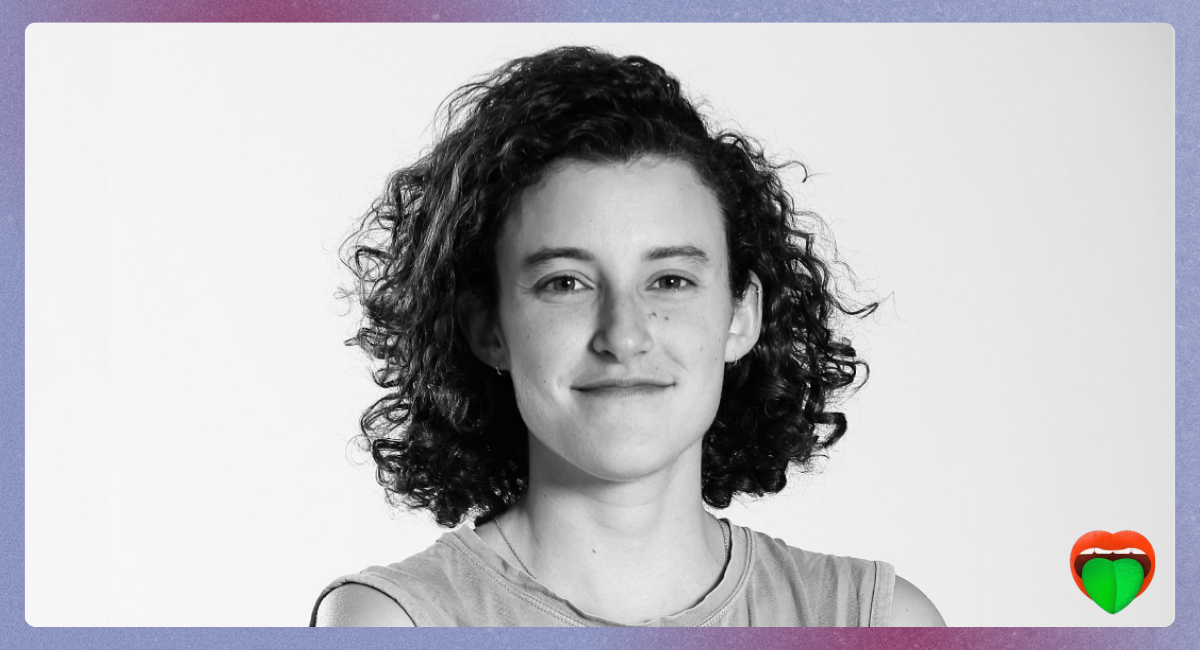What was your first job and what is your actual job?
First job: Working for a social enterprise during university in Philadelphia.
Actual job: Investment Associate at Yield Lab Europe and a Principal at Yield Lab Latam.
Do you believe entrepreneurs are born with innate qualities or made through experiences and learning?
Both! I believe entrepreneurs are born with certain innate traits. However I’ve met many entrepreneurs who have developed these qualities through experience, learning, and overcoming challenges, proving that entrepreneurship can also be cultivated. Refugees and entrepreneurs both embody resilience, as they navigate uncertainty, adapt to new environments, and find innovative ways to rebuild and thrive.
In the classic debate, which came first for you: the egg or the chicken?
I have no idea what the answer is but I think it is useful to think about these trivial seeming questions to remember that we don’t know everything. Very far from it, actually!
In the realm of technology, which do you think will have the greatest impact on the food system in the next 10 years?
Traceability and MRV. The more precise and granular this data is, the better global markets can reward good farming practices and hold supply chains accountable.
Which skill do you believe will be more useful in the future of work?
FOCUS. The amount of information, and the number of stimuli will only increase. It will be very important to know how to prioritise and filter through noise.
Describe the most surprising culinary experience you’ve ever had
Mexico as a biodiversity hotspot, a place of origin of so many crops that are central to cuisines globally (tomatoes, corn, vanilla) and an extremely varied cultural melange, is full of surprising and delicious culinary experiences. Living in Mexico for 6 years, I had many of these, from eating fried, spiced chapulines (grasshoppers), to huitlacoche (corn mould).

